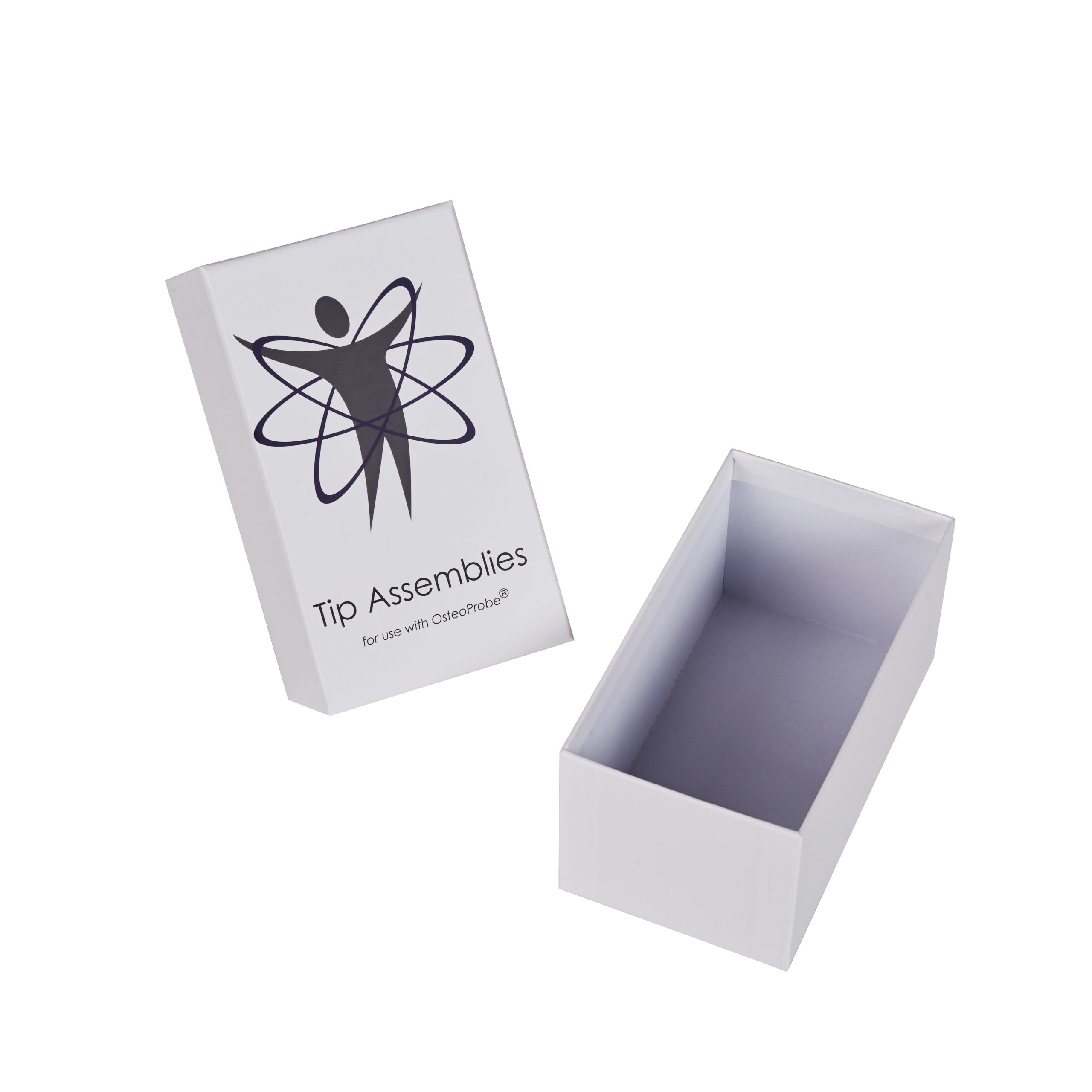
Sustainable Choice
In an era where environmental concerns are at the forefront of global discussions, the search for sustainable alternatives to plastic and oil has gained significant momentum. These materials, while integral to modern life, contribute heavily to pollution, greenhouse gas emissions, and resource depletion. Fortunately, innovative solutions are emerging that promise to reduce our reliance on traditional plastics and fossil fuel-based oils. This blog post explores environmentally friendly substitutes for plastic and oil, their benefits, and how they can pave the way for a greener future.
The Problem with Plastic and Oil
Plastics, primarily derived from petroleum, are durable but notoriously difficult to break down, leading to massive waste accumulation in landfills and oceans. Over 300 million tons of plastic are produced annually, with a significant portion ending up as single-use waste. Similarly, oil-based products, such as lubricants, fuels, and chemicals, contribute to carbon emissions and environmental degradation. The extraction, refining, and disposal of these materials have long-lasting impacts on ecosystems and human health.
The good news? Scientists, innovators, and companies are developing sustainable alternatives that mimic the functionality of plastics and oils while minimizing environmental harm. Let’s dive into some of the most promising substitutes.
Environmentally Friendly Plastic Substitutes
- Bioplastics
Bioplastics are made from renewable resources like corn, sugarcane, or algae, unlike traditional plastics derived from fossil fuels. They can be biodegradable or compostable, reducing their environmental footprint.- Polylactic Acid (PLA): Derived from fermented plant starch, PLA is used in packaging, utensils, and 3D printing. It decomposes in industrial composting facilities, though it requires specific conditions to break down effectively.
- Polyhydroxyalkanoates (PHA): Produced by microorganisms, PHA is fully biodegradable in natural environments, including marine settings, making it a promising alternative for single-use plastics like straws and bottles.
- Mycelium-Based Materials: Mushroom roots (mycelium) can be grown into shapes for packaging or insulation, offering a compostable alternative to Styrofoam. Companies like Ecovative are leading the charge in this space.
- Cellulose-Based Materials
Cellulose, derived from plant fibers, is being used to create transparent films, coatings, and even textiles. For example, wood-based cellulosic films can replace plastic wrap, and they’re fully biodegradable. Innovations like nanocellulose are also being explored for their strength and versatility in replacing plastic in various applications. - Hemp and Other Natural Fibers
Hemp-based plastics are gaining traction due to their durability and biodegradability. Hemp grows quickly, requires minimal pesticides, and can be used to create everything from packaging to car parts. Other natural fibers, like flax and bamboo, are also being incorporated into composite materials as plastic alternatives. - Edible Packaging
Made from seaweed, starch, or proteins, edible packaging is an innovative solution for reducing waste. Companies like Notpla have developed seaweed-based pouches that can hold beverages or condiments and dissolve naturally or be consumed.
Sustainable Oil Substitutes
- Bio-Based Oils and Lubricants
Bio-oils, derived from plants like soybeans, canola, or castor beans, are renewable alternatives to petroleum-based oils. These oils are used in lubricants, hydraulic fluids, and even cosmetics. They biodegrade more readily and have a lower environmental impact during production and disposal. For example, companies like Biosynthetic Technologies produce bio-based motor oils that perform as well as their fossil fuel counterparts. - Algae-Based Oils
Algae is a powerhouse for sustainable oil production. It grows rapidly, absorbs CO2, and can be cultivated in non-arable land or wastewater. Algae-derived oils are being explored for biofuels, lubricants, and even food-grade oils. Their high yield per acre makes them a scalable solution compared to traditional crops. - Waste-to-Oil Technologies
Technologies like pyrolysis can convert plastic waste or organic matter into bio-oils. These oils can be used as fuel or as raw materials for new products, creating a circular economy. Companies like Plastic Energy are turning non-recyclable plastics into oils that can power industries or be refined into new plastics. - Synthetic Biology and Microbial Oils
Advances in synthetic biology allow microbes to be engineered to produce oils with specific properties. These microbial oils can replace petroleum-based oils in everything from industrial lubricants to personal care products. They’re renewable, customizable, and have a lower carbon footprint.
Benefits of These Alternatives
- Reduced Carbon Footprint: Most bio-based materials emit fewer greenhouse gases during production and decompose without releasing harmful toxins.
- Biodegradability: Unlike traditional plastics and oils, many substitutes break down naturally, reducing waste in landfills and oceans.
- Resource Efficiency: Renewable feedstocks like plants and algae require less energy-intensive extraction compared to fossil fuels.
- Circular Economy: Technologies like waste-to-oil and biodegradable plastics promote recycling and reduce dependency on finite resources.
- Health and Safety: Bio-based materials often contain fewer toxic chemicals, making them safer for both the environment and human health.
Challenges and the Road Ahead
While these alternatives are promising, challenges remain. Bioplastics and bio-oils can be more expensive to produce than their petroleum-based counterparts, and scaling up production to meet global demand requires significant investment. Additionally, some bioplastics, like PLA, require industrial composting facilities to break down, which aren’t universally available. Land use for bio-based feedstocks must also be managed carefully to avoid competition with food production.
However, ongoing research and policy support are driving progress. Governments are implementing bans on single-use plastics, and consumers are demanding sustainable products. Innovations in material science and biotechnology are also reducing costs and improving performance, making these alternatives more viable.
How You Can Support the Shift
- Choose Sustainable Products: Opt for items made from bioplastics, hemp, or other eco-friendly materials. Look for certifications like “compostable” or “bio-based.”
- Support Green Brands: Companies investing in sustainable alternatives deserve consumer support. Research brands like Notpla, Ecovative, or Biosynthetic Technologies.
- Reduce and Reuse: Minimize single-use plastics and oils by choosing reusable items and supporting circular economy initiatives.
- Advocate for Change: Push for policies that incentivize sustainable production and infrastructure for composting or recycling bioplastics.
Conclusion
The shift to environmentally friendly plastic and oil substitutes is not just a trend—it’s a necessity for a sustainable future. From bioplastics to algae-based oils, these innovations offer hope in reducing our environmental impact while maintaining the functionality we rely on. By supporting these alternatives and making conscious choices, we can collectively reduce waste, curb emissions, and protect our planet for generations to come. The journey to sustainability starts with small steps—let’s take them together.
Note: If you’d like me to search for real-time data on specific companies or innovations in this space, let me know!







